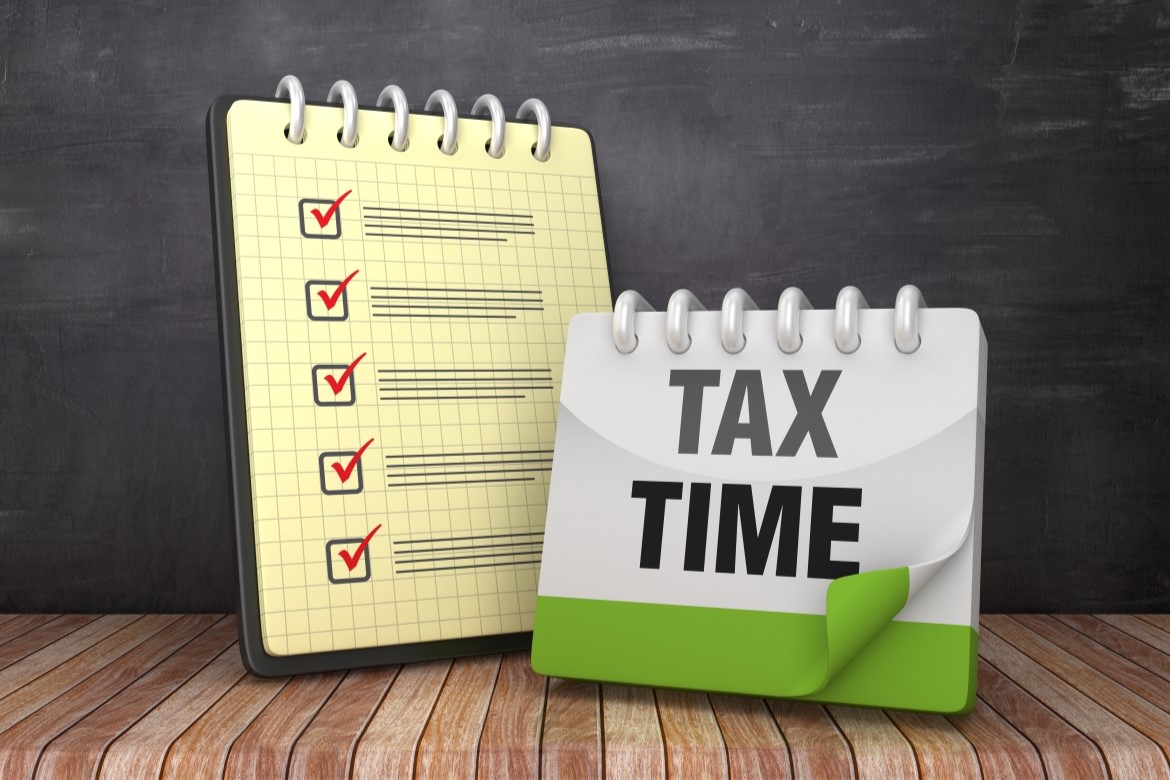
In the spirit of David Letterman, we have created a top ten list of ways to help your tax preparer complete your tax return in the most accurate and efficient manner possible. If your tax preparer’s job is easier, your tax time will be less stressful, you will decrease the likelihood of an extension, and your fee should reflect any efficiencies created. Listed below are some simple tips.
10) Be Timely. Most tax documents (W2s, 1099s, etc.) should be received by mid-February at the latest. Once you have these documents, send them to your tax preparer. No one likes an extension! The sooner all the information is in, and questions answered, the less likely it is that your return will have to go on an extension.
9) Ask your tax preparer if he or she prefers you to submit your documents as they come in or all at once. Many tax preparers can receive documents via secured e-mail or portals, which may affect the answer to this question.
8) Keep in touch with your tax preparer throughout the year and keep open, timely lines of communication during tax season. Tax preparation is a year-round process, so staying on top of issues throughout the year will make everyone’s job easier during tax season. Plus, your tax preparer will love hearing from you in the off-season!
7) Let your tax preparer know of any significant changes from last year as soon as possible. Inform your tax preparer of any life changes (marriage, divorce, birth of a child, moves, etc.). They can help project the tax impact so that you are not left with surprises when the tax bill comes.
6) Organize your tax information. All income types should be grouped together, as should any deductions (unless they specifically relate to income, i.e., Schedule C). Open envelopes and organize receipts. No shoe boxes, please!
5) Feel free to ask questions. Understanding the tax laws can help you provide more accurate information and be more comfortable with the process.
4) Check to see if all of your documents are legible. If you can’t read them, your tax preparer likely can’t either. Guessing what is on your tax forms can get you both in trouble.
3) Be patient if your tax preparer asks a lot of questions. Tax law is complicated, and everyone’s situation is different. Sometimes tax preparers need to ask you questions to clarify issues and ensure accuracy.
2) Be kind. If your tax liability comes out higher than you were hoping, your tax preparer can work with you to help you avoid this situation in the future..
And the number one way to see your tax preparer smile is…bring food!
Following these tips will help lessen the stress of the tax process for you and your tax preparer.
About the authors: Linda Kanter, AA, BSC, MA, EA, has earned the privilege of representing taxpayers before the Internal Revenue Service. She is a consultant for Covenant Trust the President and Owner of Kanter Tax and Trust Consulting, Inc. located in Naperville, IL. Linda has been featured in several articles written by Andrew Leckey and published in numerous online newspapers, including Richmond Times-Dispatch, Tribune Media Services, TwinCities.com Pioneer Press, Contractors Equipment Directory, and Idaho Business Review. Jennifer Ryan is a CPA and Terrance Dahl is an EA. Both work at Kanter Tax and Trust Consulting, Inc.